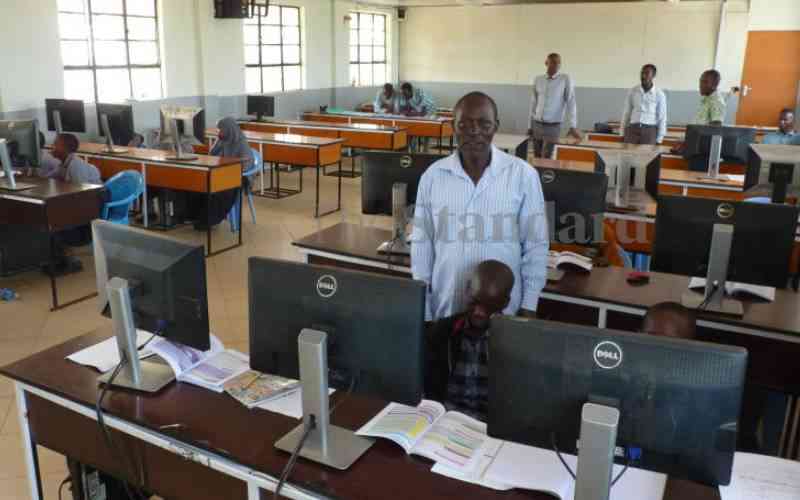×
The Standard e-Paper
Smart Minds Choose Us

Public institutions are facing an acute shortage of Junior Secondary School (JSS) teachers, with some having no single tutor or intern weeks since schools reopened.
Although the Teachers Service Commission (TSC) has hired 21,550 interns, they are still not enough, and furthermore, most of the interns have specialised in History, Geography, Kiswahili and Religious studies.